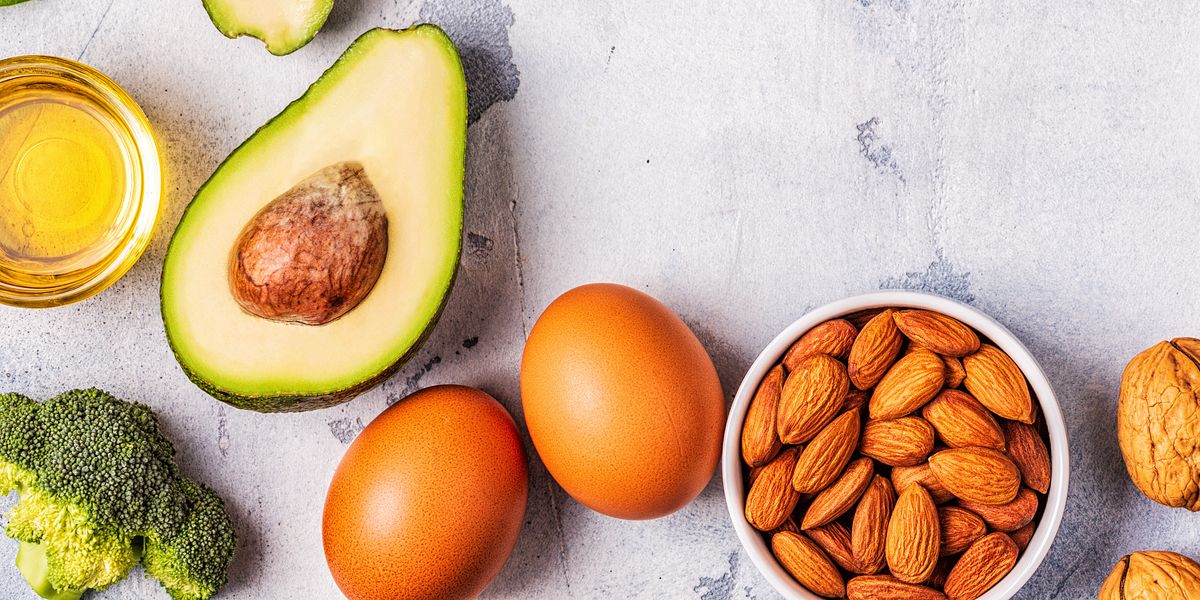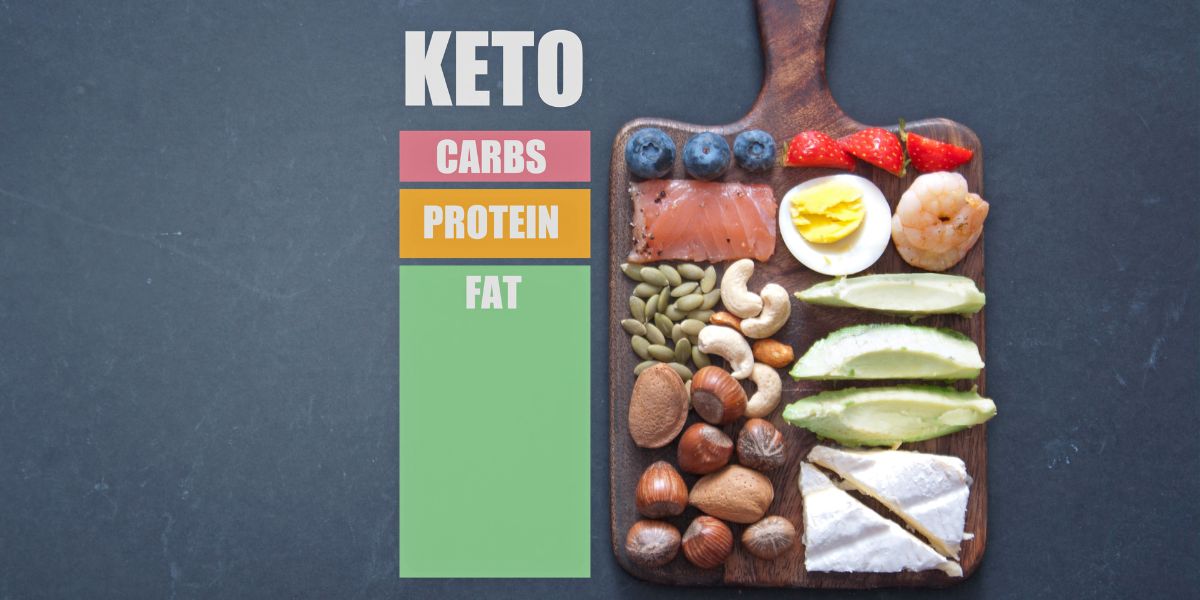The paleo keto diet has led to some remarkable benefits for some people with type 1 and type 2 diabetes, as well as other long-term health diseases.
The leading benefit for people with type 1 diabetes is the temporary cessation of insulin treatment. This is possible because ketogenic diets lower the body’s need to rely on insulin. However, stopping insulin treatment depends on whether or not residual insulin is produced in the body and may not be possible in those with long-standing type 1 diabetes.
Other benefits include reduced hypoglycemia , reduced risk of complications and improved energy levels.
The diet could also be effective for people with type 2 diabetes who may be able to reduce or come off medication. Going paleo keto has also yielded benefits in the treatment of health conditions such as epilepsy, Gilbert’s Syndrome and Crohn’s disease.
Larger studies will be required to see whether the paleo keto diet has specific benefits over a regular ketogenic diet.
The paleo keto is very new, even among medical circles, and changes to medication should only be done with your doctor’s support. So far only anecdotal evidence is available and the diet is yet to be run in long-term trials involving large numbers of people. Consult with your doctor whether the diet is appropriate before starting. Your doctor will be able to help you with any medication changes that may be required.
Coming off insulin
Ketogenic diets are effective at reducing the body’s need for insulin. People who have been relatively newly-diagnosed with type 1 diabetes have found that the paleo keto diet has helped them to come off insulin for an extended period of time.
In one study, a nine-year-old boy with type 1 diabetes who was treated with the paleo keto diet was able to come off insulin once his blood sugar levels lowered to normal. He didn’t experience any hypoglycemia, and he remained off insulin for 24 months.
Hungarian scientist Dr Csaba Tóth says remaining insulin-free for longer time periods can happen because the diet helps to preserve insulin-producing cells. He states, though, that critics have argued this is simply because of the honeymoon period
Tóth adds that if patients loosen their diet they will lose the benefits, including being free from insulin.
For those with long-standing type 1 diabetes a complete cessation of insulin is not possible because they have almost no beta cells remaining to produce insulin. However, a reduction of insulin doses is possible in these cases too.
People with type 2 diabetes may also benefit from reduced insulin requirements which could involve coming off insulin or other diabetes medications.
As yet, all case studies where insulin has been stopped have been medically supervised throughout.
Reduced inflammation
Inflammation is a natural process in the body and helps to provide protectio, but if it doesn’t end then it can lead to tissue damage and increase the risk of health problems, including type 2 diabetes.
Eating a high intake of carbohydrate can heighten inflammation, as can eating certain additives in food. This is another benefit of the paleo keto diet: significantly limiting your consumption of carbohydrates and processed food may reduce inflammation in the body and consequently the risk of disease. [340]
Case studies suggest that the paleo keto diet is effective at reducing inflammation [341] However, more rigorous research will be needed to confirm the benefits.
Researchers at Paleomedicinia in Hungary believe that the anti-inflammatory effects of the diet may be a crucial towards counteracting autoimmune responses of the body.
Lower blood sugar levels
The paleo keto diet has the ability to stabilise blood glucose levels in people with type 1 diabetes and type 2 diabetes
A 2015 study testing the diet on an obese woman with type 2 diabetes and hypertension found that it helped her improve her glucose levels. She has been free of side effects for the four-and-a-half years she has spent on the diet. [342]
This was achieved because the paleo keto diet is very low in carbohydrate, the macronutrient that raises blood sugar the most.
People with diabetes who can reduce their blood sugar levels in the long-term can help reduce their risk of complications developing.
Preventing complications
The inflammation and blood glucose-lowering effects of the paleo keto diet are likely to reduce the chances of long-term diabetes complications developing.
Whilst the case studies available look promising, long-term evidence will be needed to see just how effective the diet is in this regard.
Improved satiety
A prominent component of the paleo keto diet is food reduction. Tóth says that after the first few weeks of adopting the diet, patients may be doing well with less food intake or eat just twice a day.
Decreasing the amount food eaten is possible because the diet can lead to more energy, which is already seen within the first few days of the diet. Sticking to this eating plan also reduces extreme hunger and cravings.
Reversing autoimmunity
Tóth and colleagues have demonstrated anecdotal evidence that the paleo keto diet could treat type 1 diabetes and other autoimmune diseases such as epilepsy, Gilbert’s Syndrome and Crohn’s disease.
“It seems that if one strictly adheres to the diet, the autoimmune process may halt,” said Tóth.
He adds, though, that for people with new-onset type 1 diabetes there is only one chance to restore insulin production.
“There will be no second chance once the autoimmune process has destroyed the beta cells. Thus it is important to intervene with the paleo keto diet as early as possible.”
Larger studies are required to confirm whether a paleo keto lifestyle can help to treat or even reverse autoimmune diseases.







